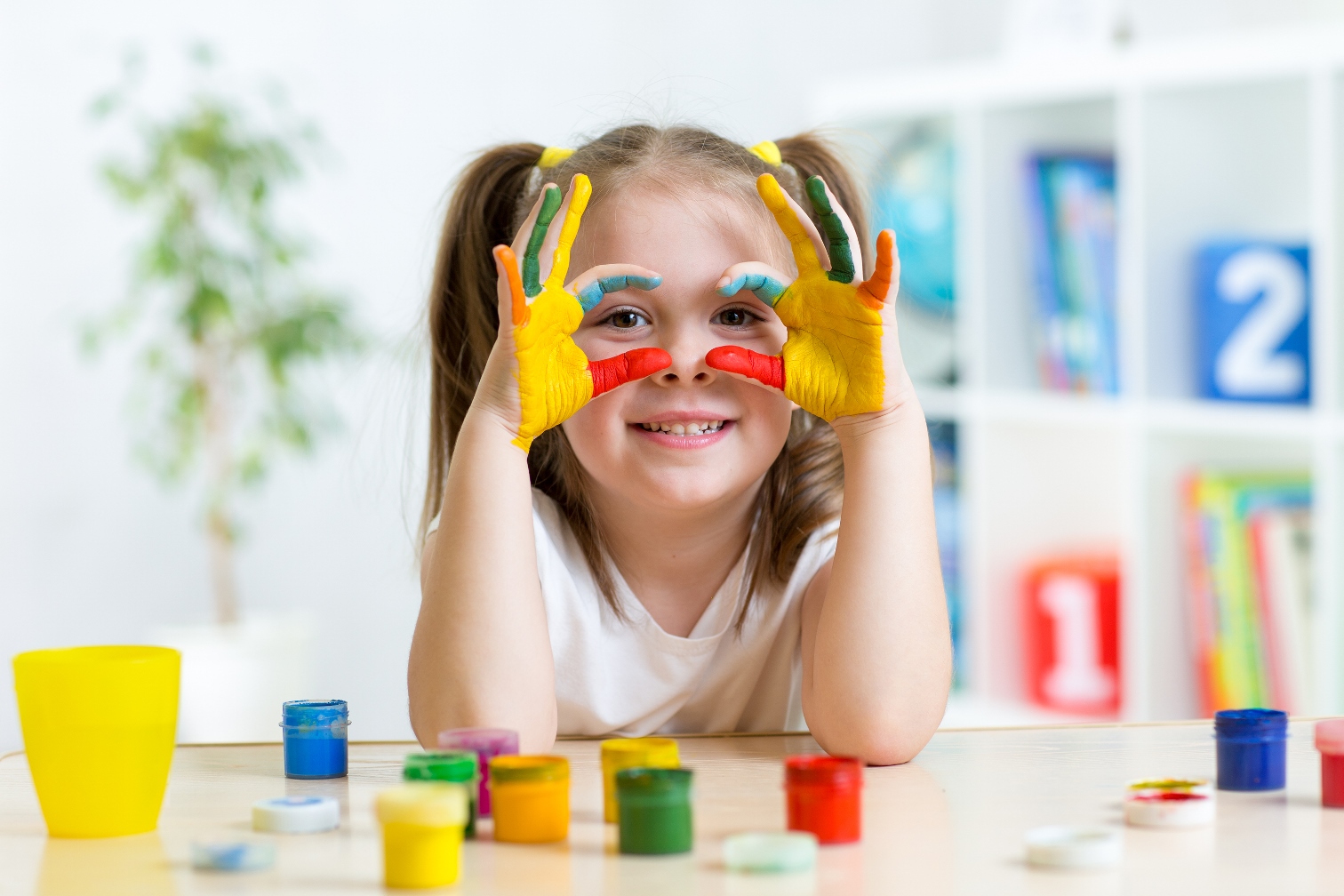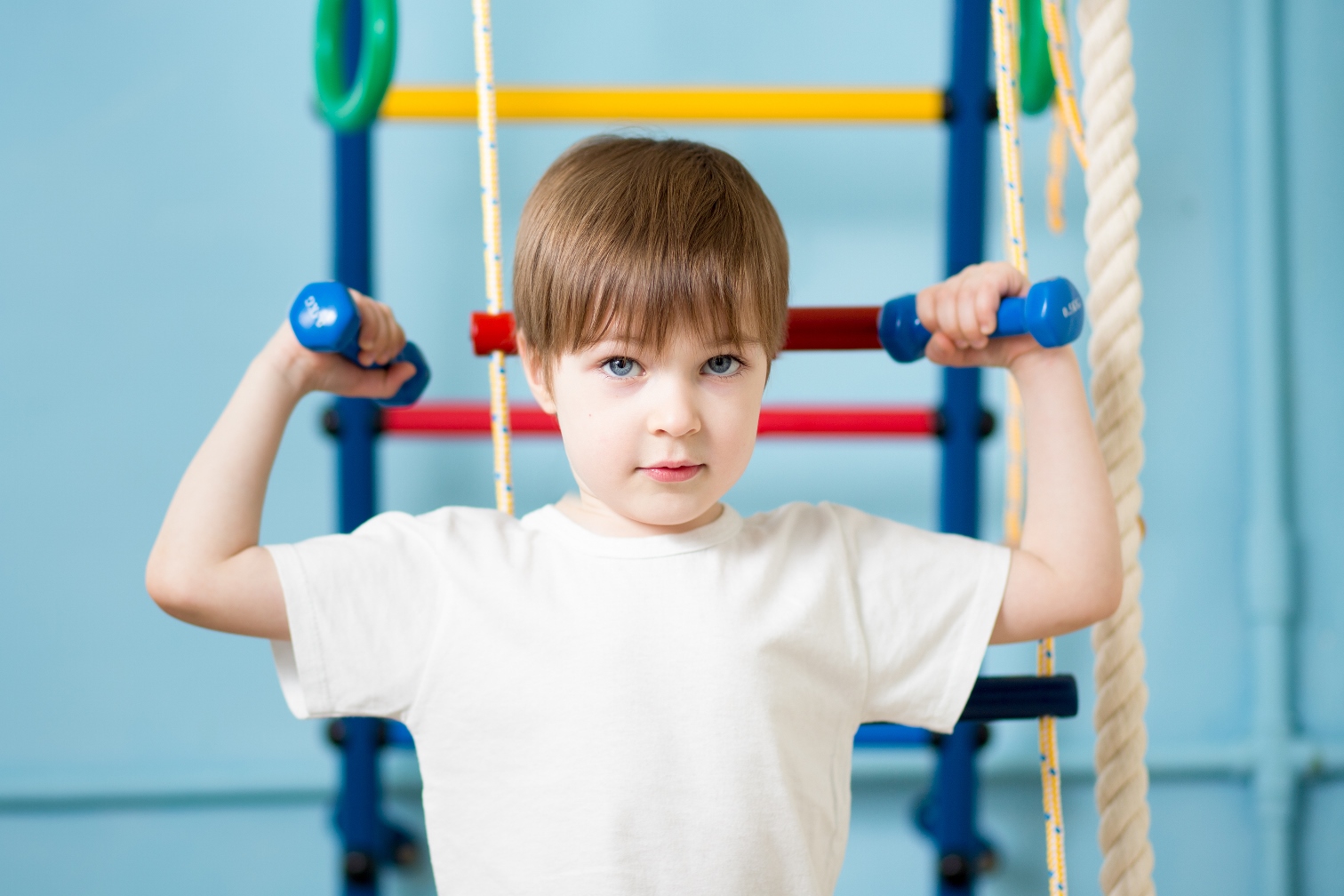What Does Being Gifted or Talented Mean for a Child?
Is your child gifted? Every parent likes to think that their child is unique, has special talents and shows signs of being ahead of their peers. How can you tell if you truly have a gifted child? And if your child really is gifted, should you modify your parenting according to the different talents you identify?
Parents often struggle with these doubts and are usually waiting for kindergartens or schools to confirm their opinion. However, gifted kids can make such a good adjustment to formal education, that they no longer learn anything new beyond the skills to fit in. You need to determine early on if your child has special talents so you can help your child make continuous progress.
How can you tell if your child is gifted?
Oftentimes, parents of gifted children know it’s a case of special talent. But, in order to remove any doubts, you can look for a couple of signs to confirm things.
High intellectual abilities
Gifted children are very observant, formulate abstractions easily and process information in complex ways. They may even need help with concrete study and test-taking skills because of their abstract and complex thinking. These kids are known to be self-starters and problem solvers since they are always excited about new ideas and enjoy hypothesizing. They learn rapidly and use a large vocabulary.

Specific academic abilities
Children who possess special talents show advanced comprehension and memorization abilities. They acquire basic skills very quickly and express interest in a wide range of areas. The things that differentiate gifted children from others the most are their enthusiasm and vigor which help them achieve high academic success.
Creativity
Gifted kids exhibit creative, original, and independent thinking in both oral and written expression. You can easily notice their unusual ability of expressing feelings, moods and self through music, dancing, drama, drawing, painting, and other arts. They also possess a great sense of humor. These children enjoy creating, inventing, and coming up with multiple solutions to a given problem.
Talented children are challenged by creative tasks. Since they don’t mind being different from the others, you can often see them improvise. They have a great desire for coming up with their own products and solutions as opposed to mere copying. Gifted children possess an outstanding sense of spatial relationships, as well.

Leadership skills
You can easily spot gifted children as they assume responsibility from an early age. They are able to foresee consequences and implications of decisions which helps them have good judgment in decision making. These kids like structure and are fluent and concise in self expression. They are self-confident and organized. As they have high expectations of themselves and others, they are often admired by their peers.
Psycho-motor skills
Apart from cognitive skills, gifted children excel in psycho-motor skills, too. They have a great sense of coordination and manipulative skills, and exhibit an exquisite precision in movement. Talented children often possess a high energy level. They enjoy participating in various athletic activities since these activities challenge their physical skills.

How can you nurture your child’s talents?
Experience shows that parents have a lot to do with the degree to which children actually utilize their talents. You can see children who express high potential for becoming superstars, but they never become one. Scientists believe that parental influence has the edge, based on the claim that intelligence is 49 percent genetic and 51 percent stimulation.
This is especially true for kindergarteners and preschoolers. At this age, children learn from their parents and their peers. But children who are more developed as opposed to those around them can easily enter a state of stagnation. This is where you, as a parent, need to make the move to help your children develop their talents and reach their full potential.
Don’t put too much pressure on your child
The biggest mistake that parents of gifted children make is having high expectations which puts pressure on the kids. They over-schedule their children’s time, hoping to provide a proper challenge for their talents. You need to give your children time to have fun and process the newly acquired information and realizations.
You also have to let your kids pick the activities they like. On the other hand, don’t give too much decision-making power to your children, and this is for two reasons. It will put too much of a burden on the kids, and it will undermine your authority as an adult.

Support curiosity
Kindergarteners and preschoolers are always glowing with curiosity, but it may start to vanish as they get older. See what interests them and use it to keep them passionate by diving deeper into the subject. Ask questions and share the things you’re excited about.
Motivate reading
Research has repeatedly shown that reading acts as a great stimulation for the brain. It helps a child's brain make connections and build background knowledge on various subjects. Starting a small book club with your kids will spark conversation, build their vocabulary and improve comprehension. Show your kids that reading can be both fun and useful for them.
Incite discussions
Encourage your children to observe details by inciting discussions during everyday activities. A simple trip to the store can become a great conversation starter. You can ask questions and share opinions on things you pass by on the way to the store. You can also compare prices and pick products from the shopping list together.

Celebrate efforts
Instead of constantly telling your children they are smart, celebrate individual efforts for problem solving. Children who are raised with the thought that they are stars find it hard to accept reality when something doesn’t come easily. Celebrate each time they accomplish something and motivate them to keep trying when they face failure.
Provide intellectual challenge
Gifted children easily get accustomed to accomplishing regular tasks quickly and easily, which puts them at risk of becoming lazy. You can prevent this by giving them tasks that take extra time and effort to figure out. If you think your kids might get frustrated, offer some help, but only to show them they can solve the challenge on their own.
When it comes to detecting and evaluating your children’s talents, KinderIQ can become your best associate. The free Kindergarten Readiness Test provides insight into the unique core knowledge areas of your child. This online test is designed specifically for parents of preschoolers and kindergarteners.